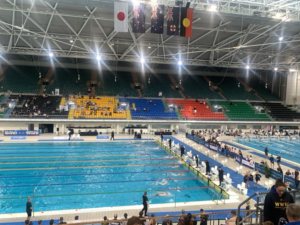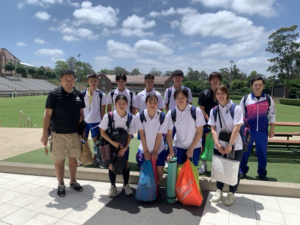Japan’s society is becoming more culturally diverse as the number of foreign residents increases. The foreign population living in Japan exceeded two million as of 2011. Among so-called “newcomers” who came to Japan during and after the 1970s, there are some who do not understand the Japanese language, and various problems arise as a result of having difficulty communicating in Japanese.
Looking at the trends regarding continued globalization and Japan’s declining population, policies concerning foreign residents are no longer just applicable to some local governments, but are becoming a national issue.
Local governments are at the forefront of public policy related to this demographic shift. It is becoming increasingly important for them to be able to offer appropriate community services for their foreign residents.
Because of this, we define the concept of various nationalities and races building relationships centered on equality and recognition of each others’ different cultures, and coming together in the same local community of society, as “multicultural coexistence.” Local governments across the country are working to push forward policies to promote this.
CLAIR Tokyo plays an important role as the information centre for multiculturalism and provides resources to assist local governments in this process. We are also researching advanced multicultural policies in Australia. For more information on our role in relation to multiculturalism and assisting local governments, please see: http://www.clair.or.jp/e/multiculture/index.html
Every year, we organize an official multiculturalism study tour around Sydney area for Japanese local government officers and staff. This year, we are expecting about eight officers and staff to participate in the study tour from 19 to 24 November.
The purpose of the delegation’s visit is to research multiculturalism, and to view first-hand, services for migrants of different backgrounds in Australia. Over the study tour, the delegation will be visiting various NSW government departments such as the Community Relations Commission, Department of Education and Communities, a public school, and city councils such as Hurstville and Fairfield.
I hope it will be an invaluable experience for the delegation to learn about Australia’s multicultural services and programs. Thanks to the cooperation of NSW government, councils, and volunteer groups, we now have a lot of research reports on Australian multiculturalism that are very useful for Japanese local governments. Again, I thank all of the agencies which have accepted our delegations in the past and provided us useful information. Next time we would like to visit your council.

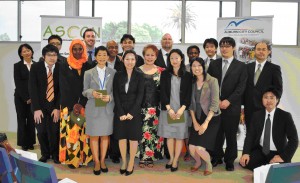
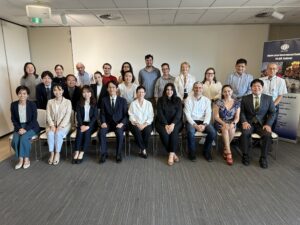
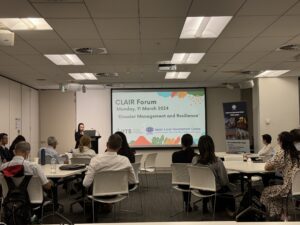
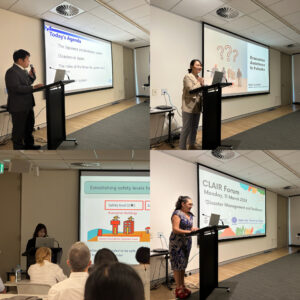
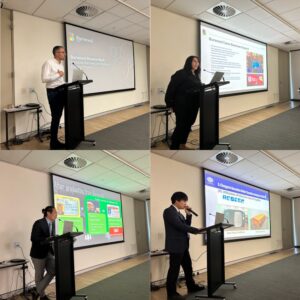
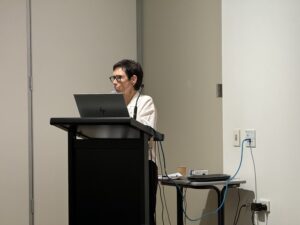
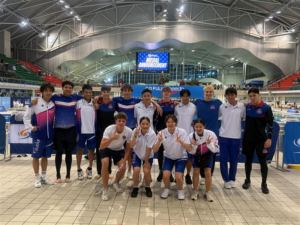 12月3~13日、福岡県水泳連盟の選抜選手8名がNSW州を訪問し、現地の学校との合同練習とNSW州の大会に参加しました。
12月3~13日、福岡県水泳連盟の選抜選手8名がNSW州を訪問し、現地の学校との合同練習とNSW州の大会に参加しました。